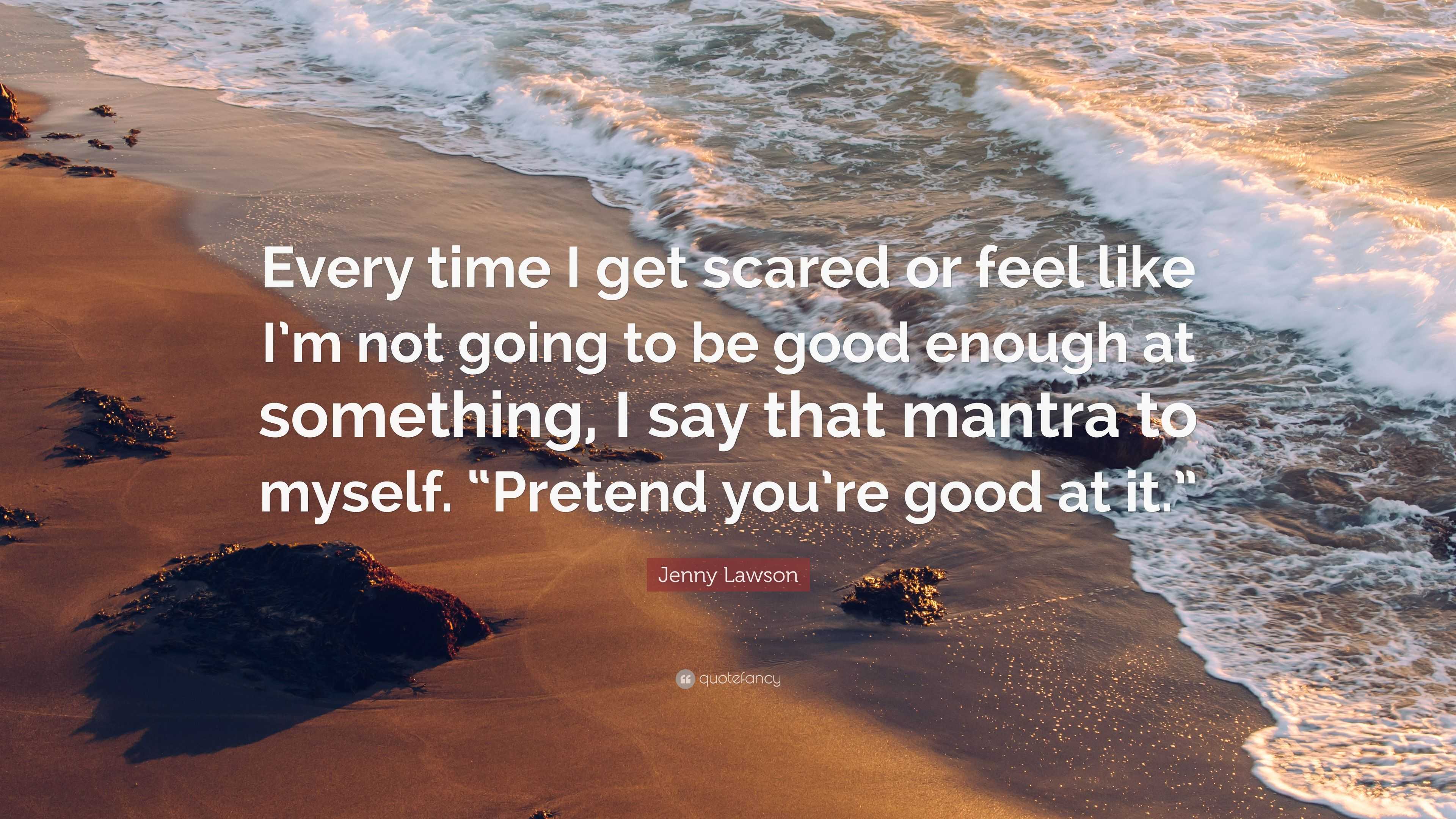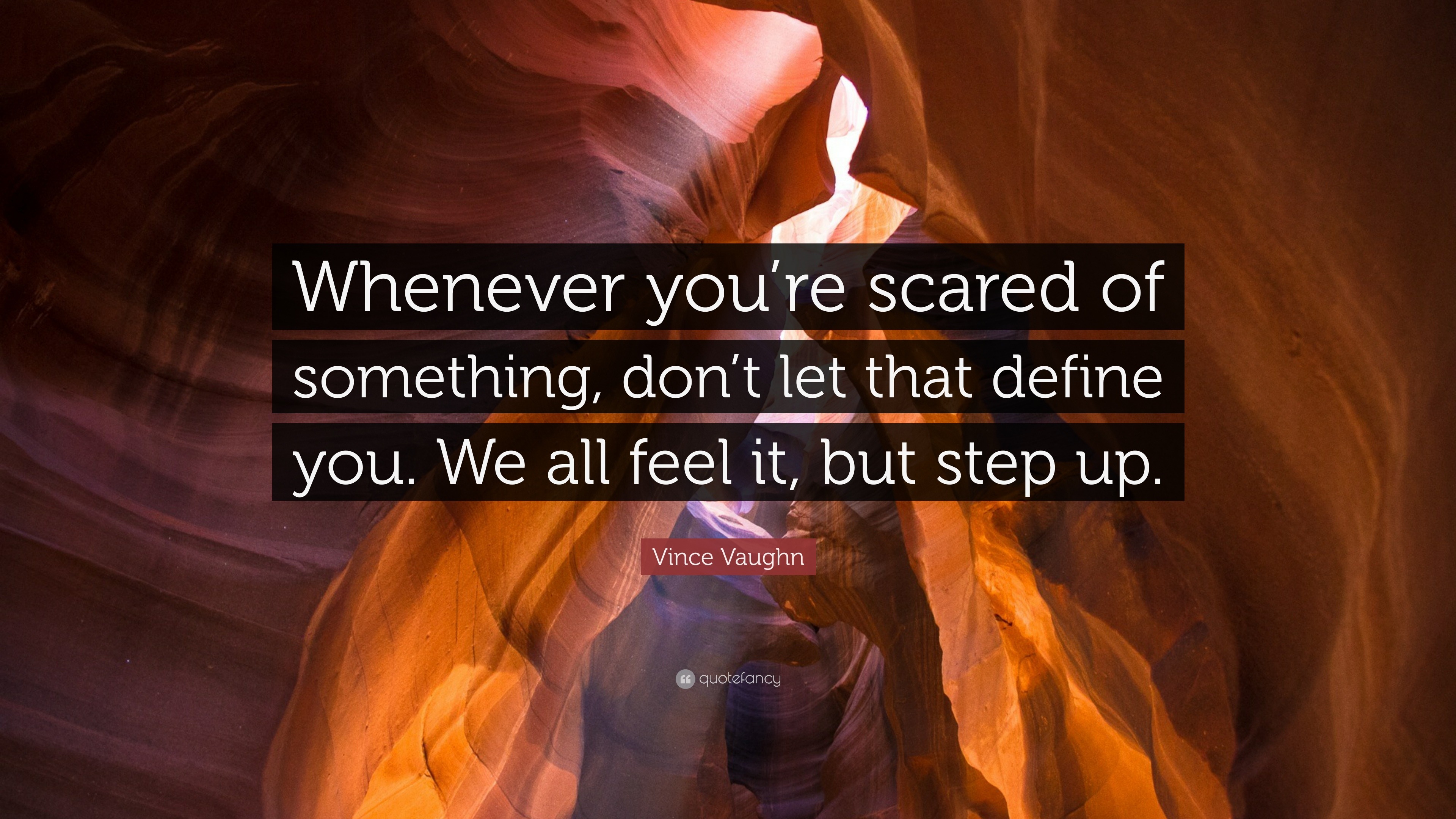

When you feel inadequate in the workplace, make a list of your strengths and successes. “Imposter syndrome,” as described by Harvard Business Review, is having “feelings of inadequacy that persist despite evident success”. While this may seem impossible when you feel stupid, it’s vital that you push any self-doubt aside. Practising self-kindness involves reminding yourself of your strengths. Instead, practise self-kindness, go easy on yourself and focus on learning from your mistake. When you make a mistake in a report or receive unfortunate feedback from a client, try not to judge yourself too harshly. But it’s important that you replace any negative thoughts with positive ones. Slipping up when you have an overwhelming pressure to succeed can lead to stress and a lack of self-confidence.

You are your own biggest critic, and most of your insecurities probably come from negative self-talk. Being hard on yourself won’t get you anywhere Try reaching out to them to share your feelings! 2. There will always be other people who feel less than great compared to their colleagues and friends. You might think your problems are unique to your situation, but you’ll be pleased to know that even your boss (and probably even Bill Gates) has felt the inferiority complex at one stage. We all have faults and insecurities, and we can’t help but compare ourselves to our superiors when things go wrong. Everyone feels inferior sometimesĮveryone has been in the same boat as you at some point.

Here are a few things to remember when you’re feeling stupid at work. You start to compare yourself to others and begin doubting your skills and value to the company.īut when those feelings start to cripple you with anxiety, diminish your productivity levels or wear away your self-esteem, it’s important that you find ways to pick yourself back up again. It might be occurring slowly, but it is happening, nonetheless.Forgot to hand in that business proposal? Accidentally deleted a crucial work file? Perhaps you received a poor performance review from your boss?įeeling stupid at work is completely normal. Drastic change will take time, to be sure, but every time a victim hears the following, that change is occurring. We definitely have to change the way we talk to and about victims. We have to change how we talk about rape. If we want to end sexual assault, we have to change the way we talk about sexual assault. I refuse to add to a culture that values an attacker's future over a victim's wellbeing. I refuse to say any of those hateful, ignorant and hurtful things to any victim of sexual assault or rape. People who have never experienced sexual assault told me that I needed to "get over it" and "move on" and that, when I was afraid to go out in public, that I was being "dramatic." A detective told me that there was nothing they could do about my rape, because there wasn't enough evidence and "he said/she said" situations are difficult to prosecute. I was told that I shouldn't have been drinking. That's not what reminds victims of their humanity and their self-worth and their right to feel safe.Īfter I was sexually assaulted by a co-worker, I was told that I shouldn't have been at the work retreat (where my assault took place) if I didn't want to be assaulted.
That's not what anyone should hear after they have been brutally violated. Victims are told that they should have been more careful or they shouldn't have been so trusting and, sadly, that they're lying and that what they experienced wasn't rape and that their trauma isn't real. Victims are told that it's their fault and that they shouldn't have been drinking or they shouldn't have been wearing whatever it is that they were wearing. There are things no one will tell you about your rape, too Things that you need to hear Things that will let you know that even if you're sitting on the edge of a tattered couch, having just left the hospital and feeling numb and scared and exhausted and angry, you're not alone.īecause rape culture is so prominent in our society, and victim blaming not only exists, but is essentially solidified by politicians and elected officials, victims hear detrimental things about their rape or sexual assault. There are so many things people tell you after you've been sexually assaulted, about what you were wearing or drinking and what you should do and how you should act. In 24 hours I had filed police reports and talked to detectives and consented to a rape kit and I was already hearing words that left me feeling hopeless, instead of hopeful. I had been sexually assaulted 24 hours prior, and I was numb, scared, exhausted, and angry, all at once. I was sitting on the edge of a tattered couch, having just left the hospital.


 0 kommentar(er)
0 kommentar(er)
